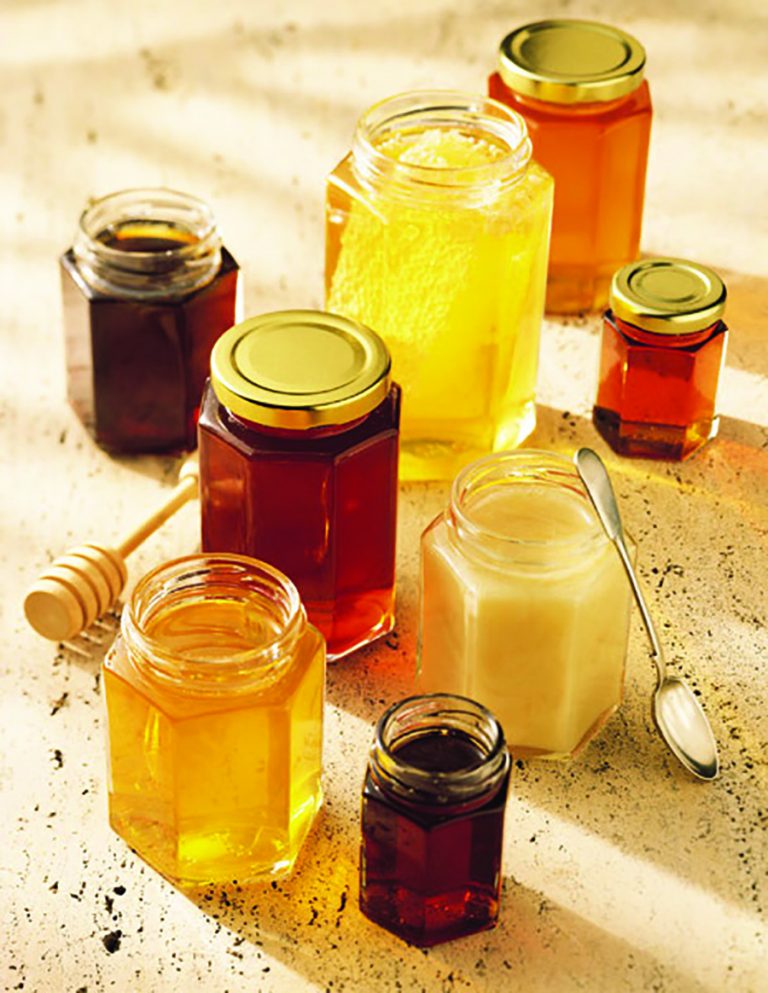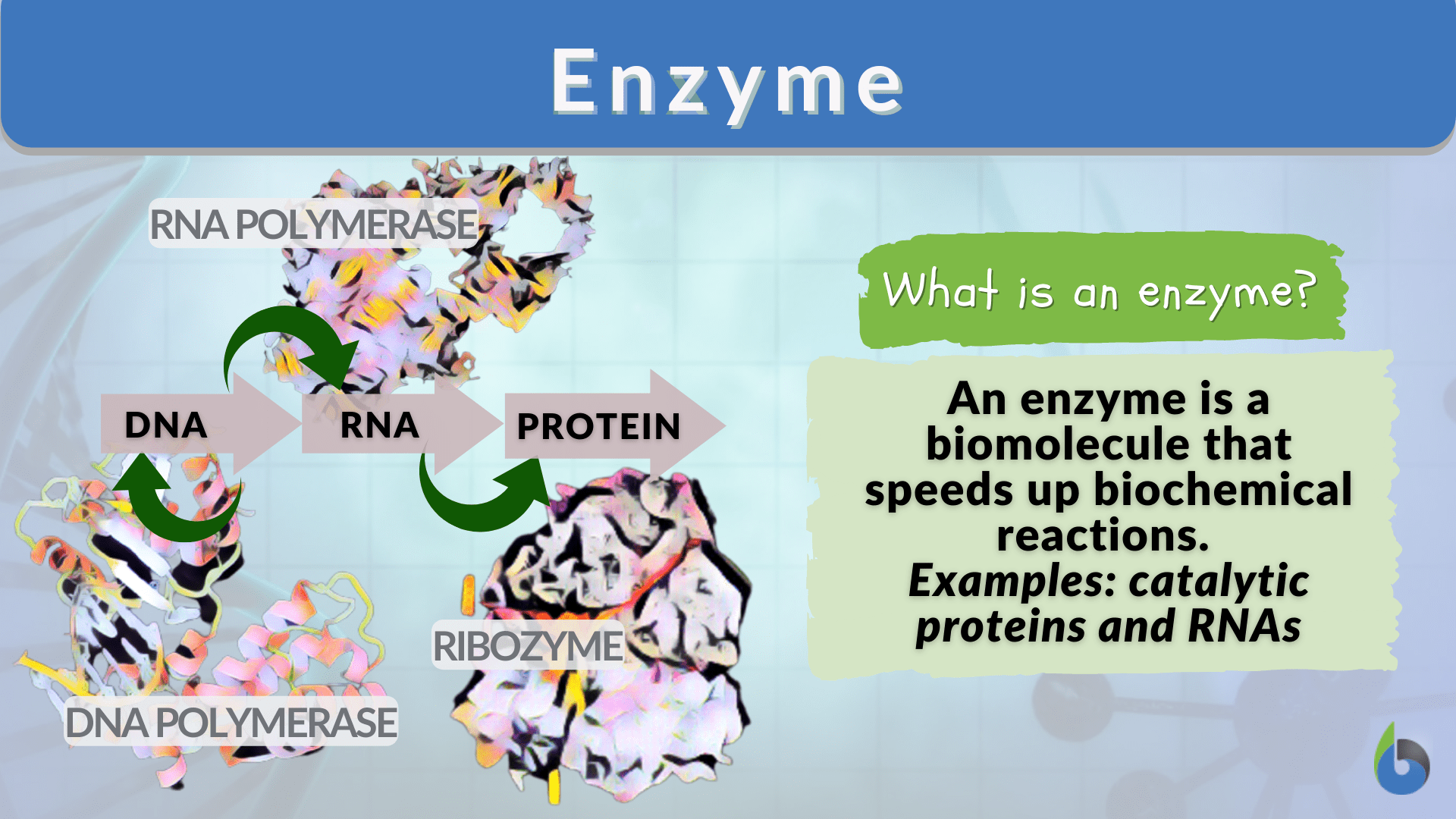Active Enzyme Needed to Produce More Vitamin A My Site
:max_bytes(150000):strip_icc()/what-is-enzyme-structure-and-function-375555_v4-6f22f82931824e76b1c31401230deac8.png)
Structure and Function of an Enzyme
However, scooping honey with a metal spoon is such a quick process that it cannot damage it. At the same time, we do not recommend leaving a metal spoon in the honey jar for long. Myth 5: Darker honey is not as pure as lighter honey. According to a misconception, honey that is darker in color has gone bad. The reality is that honey comes in.

حرارت دادن عسل و خطراتی که مصرف آن دارد! آهوتا
The other enzymes in honey are affected similarly. Enzyme activity stops when honey is held at freezing temperatures but returns when warmed back up. It does not return when destroyed by heat. Two interesting side notes are that almost all the enzymes in honey are introduced by the bees, and all break down when liquefying crystallized honey in.
[Solved] he restriction enzyme EcoRI recognizes the sequence below
Honey is acidic due to its organic acid content. The pH scale of honey is usually between 3.4 - 6.1. Because acidic substances can corrode metals (such as this iron spoon) it is feared that metal components can be mixed in honey. Like the concept of cooking utensils with acidic ingredients too. Not all honey has the same level of acidity.

The Chemistry of Honey Bee Culture
The pH scale of honey is normally between 3.4 to 6.1 and acidic substances can corrode metals and it is often feared that metal components can be mixed in honey, such as metal spoons or other metal utensils. So is it bad to use metal spoon with honey? In respect to this, not all honey has the same level of acidity.

Active Enzyme Needed to Produce More Vitamin A My Site
All Bees Do Not Produce Honey. One of the most common misconceptions about raw honey is that it can come from any type of bee. It is estimated that out of 20,000 known species of bees in the world, only 5% are able to produce edible honey. The only kind of bee that can make it is the honeybee. The honeybee species is one that lives in large.

Amylase And Lipase Enzyme And Substrate Illustration / Enzymes In
Enzymes Without a doubt, heating and filtering honey reduces the final quantity of enzymes in honey. Enzyme levels dropped an average of about 35% when heating and DE filtration was used. Enzyme levels dropped about 15% using heating and straining. Enzymes such as invertase were nearly completely eliminated by processing (average drop of 73%.

Does a Metal Spoon Kill Enzymes in Honey? Dining FAQs
Actually, it’s the honey affects metal spoons. Not the other way around. Apparently, honey has a slightly acidic pH which reacts with metallic surfaces. This reaction may damage and affect the healing properties of honey. But, it takes a while - like if you leave a metal spoon in a jar of honey overnight. But just dipping and scooping.

Image from
Honey enzymes originate from three major sources: plant nectars and secretions, honeybees, and excretions of plant-sucking insects. Biochemical reactions can be divided to two types: enzyme-catalyzed and non-enzymatic reactions [ 4 ]. Enzyme-catalyzed reactions in honey are known to affect its quality and biological activities [ 5, 6, 7 ].

Arrow Through the Sun Metal Enzymes That Multitask
Now. "Because of the enzymes which are 'alive', you're not supposed to use a metal spoon to mix honey, store it in direct sunlight, or mix it with water that's hotter than 60°C. Otherwise, the enzymes are killed off and you're just wasting your honey. Enzymes thrive best at 38°C." #3: It's not always about the colour of the honey.

Enzyme Definition and Examples Biology Online Dictionary
In conclusion, using a metal spoon to scoop raw honey may not necessarily kill enzymes in honey. However, it is important to note that honey is acidic due to its organic acid content, and the pH scale of honey is normally between 3.4 to 6.1. Acidic substances can corrode metals, and it is often feared that metal components can be mixed in honey.

Does a Metal Spoon Kill Enzymes in Honey? Dining FAQs
While honey is acidic, scooping your honey with a metal spoon is such a quick movement that corrosion of the metal is unlikely. However, we do not recommend storing a metal spoon within your honey for long periods of time. 7. Honey can be used on wounds Fact. Up until the early 20 th century, honey was used as a conventional therapy in fighting.

Question Video Describing What Happens to the Structure of An Enzyme
This is why you should avoid metal. Because honey is acidic and reacts poorly with metal, that's why the substance can't be kept in a metal container. While corrosion is a factor, it isn't the only issue with the pairing; ultimately, metal causes honey to oxidize. According to Kemin, that means the honey will develop "off-flavors and off-odors."

Does Nuking a Potato Kill Enzymes or Nutrients?
Contrary to popular belief, it is safe to consume honey with any spoon, be it metal or wooden. It should be noted that metal spoons in a jar of honey overnight will cause it to spoil because of a reaction between the metal and honey's acidic PH levels.. Will it kill the enzymes? Yes, you can eat raw honey directly, in fact in the case of a.

Did you know that... there are living enzymes in honey? Did you know
Apparently there is something going around about how metal will break down the beneficial enzymes in honey. I did a little looking around and it's technically possible, since honey is acidic, but not with stainless, and even with other metals the reaction would take WAY longer than the amount of time honey is on a spoon.

18.6 Enzyme Action The Basics of General, Organic, and Biological
Honey is the natural product processed by honeybees (Apis mellifera L.) from flower nectars or plant secretions, by aid of their own secretions. Honey is a nutritious, sweet and healthy food, composed mostly of the sugars glucose and fructose. Minor components of honey include proteins (0.25-0.5%), organic acids, aminoacids, vitamins and.

How to prevent (or reverse) the chemical process that causes
Some experts believe that honey when honey comes in contact with metals like copper or iron (commonly found in spoons) these metals are capable of destorying beneficial enzymes. Metals like copper and iron react with the acids in honey to produce salts. This process kills off useful enzymes. Copper is known to react with acids in honey.